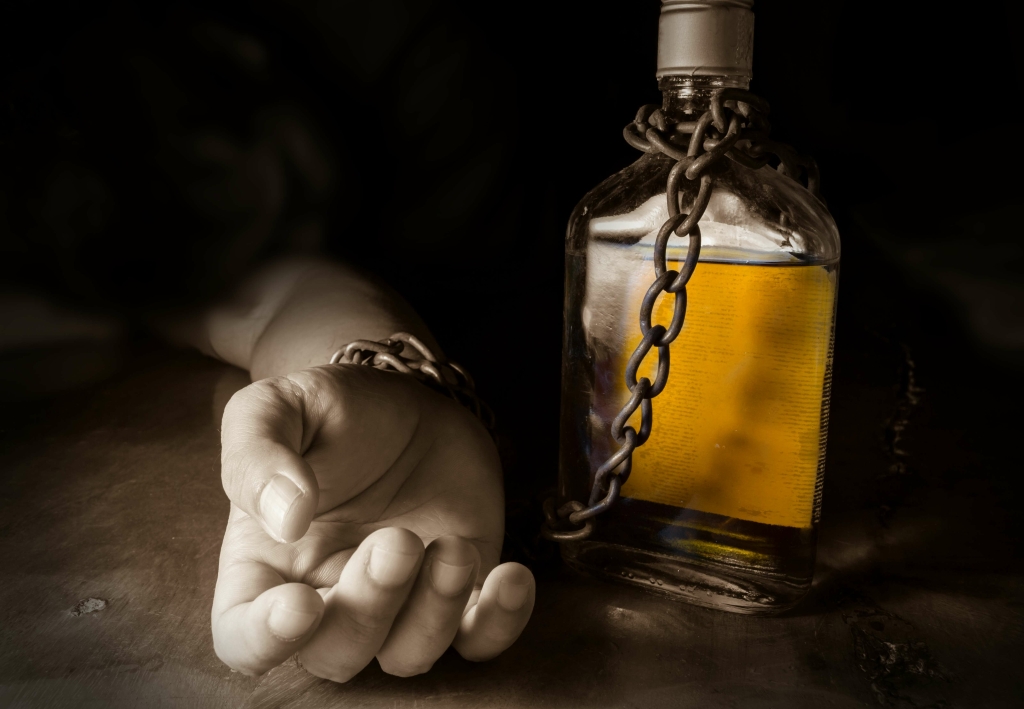The 3 Ways That Alcohol Causes Weight Gain

- Update Time : মঙ্গলবার, ফেব্রুয়ারি ২, ২০২১
- 49 Time View

Content
Laparoscopic gastric banding restricts the amount of food you can consume. does alcohol make you gain weight LAP-band surgery is one of the least invasive bariatric surgeries.
Most of us are probably aware that we prefer stodgy foods after drinking and are less inclined to be active the next day, but it can be pretty surprising when the numbers are added up. Alcohol can throw a wrench into your endocrine system, too. For example, Simon says that alcohol can affect levels of reproductive hormones like testosterone and estrogen.
Reason #4: You’ll experience fewer food cravings.
At Granite Mountain Behavioral Health in Arizona, we assist those struggling with alcohol use disorder by providing access to comprehensive treatment. While you might initially fall into deep sleep more quickly, you wake up frequently at night and have poorer sleep overall. Also, you experience less REM sleep, meaning you can wake up exhausted. The survey also highlighted that the day after passing their tipping point, 50% of people cancel planned physical activity, often replaced with sedentary activities such as watching TV or staying in bed. Alcohol provides a lot of energy, and it can be easy to consume too much. Alcohol is “kind of a stressor for your body, so it can cause your body to lose proper cortisol secretion,” Lashinger says.
How to Replace a Dry Red – Dry January Ends – Mountain View Voice
How to Replace a Dry Red – Dry January Ends.
Posted: Mon, 30 Jan 2023 03:28:56 GMT [source]
However, insulin also promotes fat storage, so over time, regular consumption of alcohol can lead to weight gain. Let’s be honest, you just can’t beat a fresh margarita on a hot summer day, or a bold glass of Bordeaux by the fireplace around the holidays. I like to be realistic with my clients – if they enjoy drinking, giving up alcohol may not be in the books for them long term. You’ve probably heard the term “empty calories,” which refers to energy-dense (high-calorie) foods and drinks with little or no nutritional value. At seven calories per gram2 , alcohol is one of the biggest empty calorie culprits, and one of many factors known to contribute to weight gain.
Want to make losing weight feel easier?
What you drink, how much/how often you drink, and what you eat when you drink could all contribute to potential weight changes. The dietitians at the center believe that there is not a one-size-fits-all approach to weight loss. Excessive drinking could cause an individual to develop more of an “apple” body shape, where a higher level of body fat is distributed in the abdominal region. Whether a holiday party or not, alcohol consumption is very popular in the United States.

If you are someone who engages in drinking and want to lose weight, the dietitians will help you find a way to incorporate drinking into your lifestyle without sabotaging weight loss goals. If you are someone who engages in drinking and want to lose weight, our dietitians will help you find a way to incorporate drinking into your lifestyle without sabotaging weight loss goals. If you’ve had one too many drinks, this can lead to poor decision-making https://ecosoberhouse.com/ when it comes to meal and snack choices. Studies show that those who engage in heavy drinking tend to consume diets higher in calories, sodium, and fats than those who do not drink. You can not control where your weight gain will land on your body; but you can control the lifestyle factors that will help you move forward in your weight loss journey. Be kind to yourself, eat well, and stay on top of your physical activity goals.
Alcohol Makes It Harder To Get Quality Sleep
That may be why your friend who always nursing a glass of wine or cocktail throughout dinner never gains a noticeable ounce. More on how much is “1 drink” in the Guideline’s Drink-Equivalents chart. One hundred calories of some of our favorite alcoholic bevs look like this. Long story short, you must account for your drinks if you’re counting calories. Not getting enough sleep can lead to a hormone imbalance that can affect hunger, weight, and how much energy you store.
- When you do drink, have it over a relaxing meal or with friends and enjoy it, rather than mindlessly drinking while distracted in front of the tv.
- Deirdre has extensive experience in mental health and treating substance use disorder related issues.
- Therefore when it comes to body weight and alcohol, it’s important to understand how alcohol affects fat metabolism.
- Alcohol has no nutritional value, so your body does not use it as it would a carb, fat or protein.
Excess alcohol can also turn to fat in your liver and can raise the amount of fat in your blood, says Sonya Angelone, R.D., a spokeswoman for the Academy of Nutrition and Dietetics. It’s also more likely to be stored in your body as fat, she says. People also tend to underestimate how much they’re drinking, Stanford says. A serving of wine, for example, is five ounces, but you probably pour more than that when you’re having a glass at home. “Whatever you think you’re having, you probably need to cut that in half,” Stanford says. Vanessa is certified in addictions counseling by Maryland’s Board of Professional Counselors and Therapists, with credentials as a clinical supervisor.
Does Alcohol Make You Fat?
That’s why some people report gaining weight after a period of constant stress. Alcohol weight loss can also be due to the weakened immune system that a person develops while using alcohol on a heavy basis.
Can drinking alcohol every day cause weight gain?
Yes! Drinking every day means you are consuming excess calories. Heavy drinkers can consume up to 1,000 extra calories per day. Additionally, drinking alcohol negatively impacts your metabolism and body’s ability to burn fat, contributing to weight gain. Consuming alcohol also makes you hungrier for high fat, high sodium food while impeding your judgment, which further contributes to poor food choices.
















